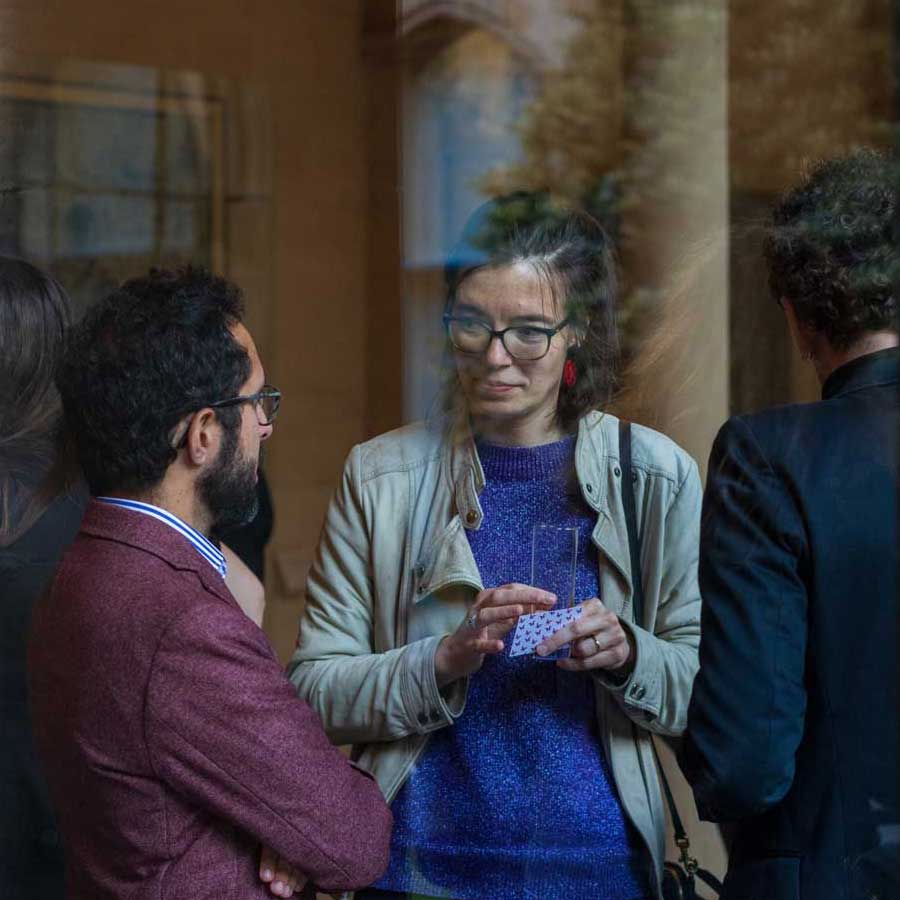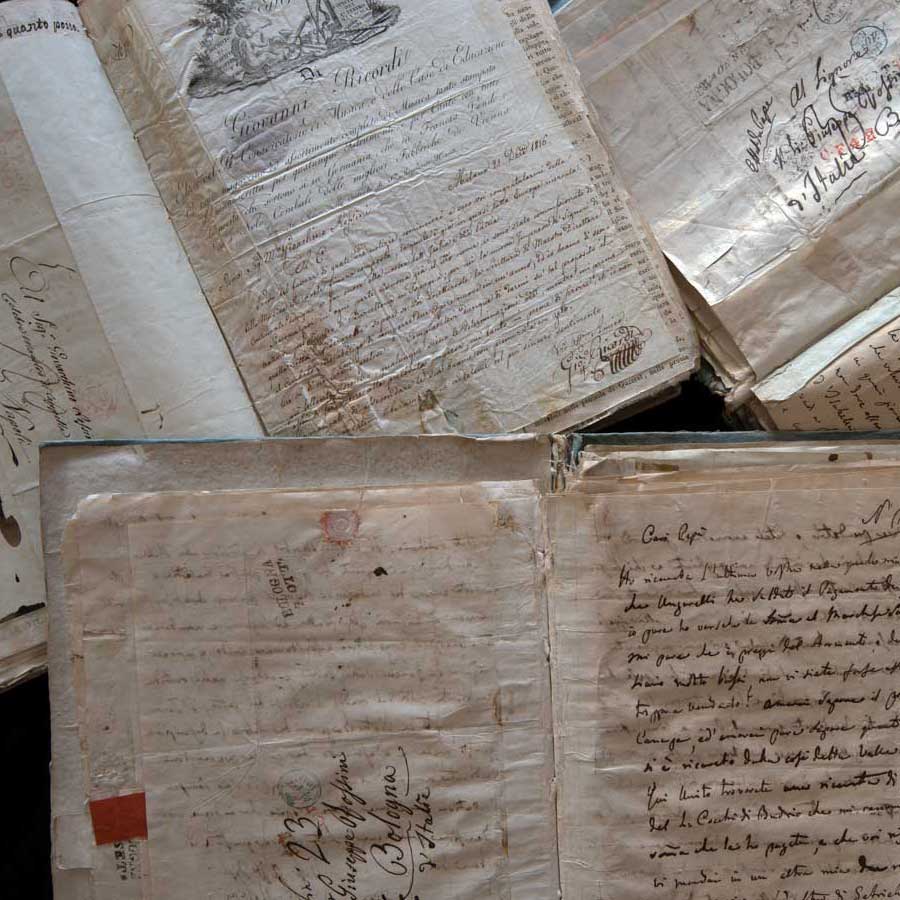
Our Work
The Hub gives increased and easier access to heritage-related publications, news and policies via digital means. An interactive online database will be available on the website in February gathering a vast amount of heritage-related content, including studies, publications, policy papers, tools, guidelines and methodologies, among others. The database will be complemented by a policy monitor, an interactive platform where existing and new heritage-related policies from all across Europe will be gathered.

The Hub provides a unique platform for heritage actors to meet and network, encouraging the exchange of best practices beyond borders, and facilitating cooperation and synergies between existing or future projects. To this end, the pilot project has established a European Heritage Hub Community of Practice, for all stakeholders who are already participating or working in the field of heritage, and a Community of Interest, for stakeholders not involved yet but have an interest to follow the activities of the hub.
A series of events will be held in the framework of the Hub community, including 4 public forums in European spaces of cultural heritage each focusing on one aspect of the triple transformation (green, digital, social) and 6 online meet-ups targeting the EH-CI, each focusing on one pillar of the European Framework for Action on Cultural Heritage.
In addition, the Hub will reinforce the network of European Heritage Regional Hubs. In addition to supporting the activities of the regional hubs based in Athens and Krakow already established by Europa Nostra, the European Heritage Hub project will see the creation of a new regional hub in Lisbon, and will start the process to establish hubs in Venice and Nicosia.
The Hub has dedicated activities to foster co-creation, peer-learning and educational training of heritage stakeholders, with a focus on local actors and young people, on key issues related to heritage, such as climate action, green transition, inclusiveness, funding and education.
As part of this engagement, throughout the two-year pilot period, the project will organise 4 thematic ‘sharing local stories’ online workshops, 3 thematic onsite visits and at least 5 educational study visits in universities. In addition, the Hub strives to identify and promote good practice, gathered in articles and practical toolkits.

The hub aims to see due recognition by policy-makers at all levels of cultural heritage as a contributor to all key EU priorities, such as climate action, inclusion of citizens and communities and innovative practices, which shall in turn translate into suitable policies and funding tools.
To this end, the Hub has a robust advocacy and policy programme to continually monitor and analyse the implementation of relevant heritage policies and programmes at all levels, and provide evidence-based recommendations for the development of adequate future policies involving as many stakeholders in the policy debate.
In this framework, the Hub will publish research papers evaluating the existing heritage-related frameworks with regards to the 5 Pillars of the European Framework for Action on Cultural Heritage and policy recommendation papers stemming partially from events organised and data gathered by the Hub.
In addition, a Policy Monitor will be embedded in the European Heritage Hub website in January 2024, gathering existing and new heritage-related policies linked to the European Framework for Action on Cultural Heritage from all across Europe.
The Hub strives to boost the cooperation capacity and synergies between existing heritage-related projects, programmes and initiatives and grow awareness among heritage stakeholders at all levels and easier access to existing EU initiatives and funding opportunities. As such, the Hub is actively involved in EU initiatives, expert groups and other stakeholders meetings and regularly reports to the European Commission Expert Group on Cultural Heritage.
The Hub aims at mainstreaming heritage issues and stakeholders from 11 EU neighbouring countries (Albania, Armenia, Azerbaijan, Bosnia and Herzegovina, Georgia, Kosovo*, Moldova, Montenegro, North Macedonia, Serbia, Ukraine) in all its activities. It will also develop new initiatives with focus on capacity-building for civil society, the contribution of cultural heritage to the triple transformation as well as heritage activities fostering peace, reconciliation and the promotion of European values.
Dedicated initiatives and events include a Small Grants Scheme for heritage projects led by civil society; a forum to be held in Athens to connect heritage stakeholders from the Western Balkans and the Caucasus; a peer-learning visit in the Caucasus; an additional Hub Forum in the Western Balkans; the creation of a Hub Liaison point in Kyiv; as well as the publication of research papers and policy recommendations dedicated to each of these regions.
Communication is a huge part of the Hub’s engagement, as it sets out to raise awareness of cultural heritage as a vector to address environmental, digital and social challenges. The Hub is active on Twitter, LinkedIn, Facebook, Instagram and YouTube and has a dedicated newsletter. In addition, it will involve citizens through promotional campaigns and a variety of promotional tools. Regular media outreach and engagement is also a priority for the project.
Discover our steering committee
